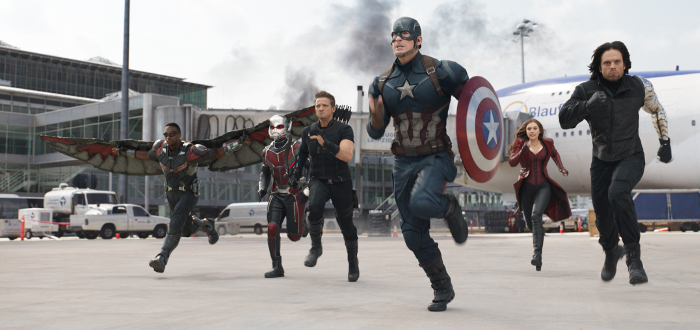
With Captain America: Civil War, what Marvel started way back in 2008 with Iron Man, and going back even further to 2006 with their SDCC panel hinting at an Avengers team-up movie, has finally come to full fruition. Though not quite as loaded with outright fun as 2012’s The Avengers, Civil War is the payoff of the previous 12 films not in story-telling but in the idea that establishing this many characters in one space is not only good for big action, but can make for something genuinely complex too.
As easy as it would have been to make this, the third Captain America instalment, another insular character play like that of Captain America: Winter Soldier, Joe and Anthony Russo decide instead to use the first Avenger as a means to question the role and function of the entire ensemble of Earth’s mightiest, with a couple of new friends added for good measure. The picture opens with Cap’s new Avengers as per the end of Age of Ultron stopping a villain. Scarlet Witch (Elizabeth Olsen) makes a mistake and some innocent civilians pay the price with their lives. This compounds a mounting UN prerogative to control the activities of any member of the Avengers initiative or enhanced human, which breeds the Sokovia Accords. Steve Rogers (Chris Evans), ever the liberal nobleman, is against the idea, while Tony Stark (Robert Downey Jnr.), who’s grown a hefty conscience since his early Iron Man days, is all for it, leaving the various Avengers to pick sides as tensions mount, spilling over into conflict.
There are other, much more personal stakes at play within the movie, particularly with the continuation of Steve’s mission to redeem Bucky Barnes (Sebastian Stan), the brainwashed villain from Winter Soldier, but all rivers lead back into the same ideological quarry. Civil War is Marvel displaying a deep sense of self-awareness at the universe their experiment has yielded. Making movies about smashing a bunch of aliens and robots is fun and all, but real investment comes from acknowledging the characters outside of the rubber suits and superpowers, and that’s what Civil War is about. It’s this huge ensemble being reduced down to each moving part and showing us their inner workings, all bent against a single principle that the two sides simply can’t agree on.
Not that this reduces the amount of action any, quite the opposite in fact. Watching the heroes square off with the same choreography and fluidity of Winter Soldier is marvelous (no pun intended). The lynchpin battle, the German airfield encounter teased in trailers, is a comic book’s fan dream made reality. Seeing The Falcon (Anthony Mackie) and Vision (Paul Bettany) tustle mid-air while Paul Rudd‘s Ant-Man and Jeremy Renner‘s Hawkeye double-team to fight Iron Man as Tom Holland‘s Spider-Man squares off with Captain America is satisfying in and of itself, but it’s made even more riveting with the knowledge that neither side is inherently wrong. The excitement has a real knot-in-the-chest kind of tension to it that builds right up to the big title fight, which packs serious emotional punch for anyone who’s followed the Marvel movies up to this point.
It’s to the writers’ credit, Stephen McFeely and Christopher Markus, that nobody feels lost in such a maelstrom. The screenplay is extremely well-balanced for a blockbuster with so many established stars that has such a large pedigree going into it. Every character has a particular arc and motivations that are clear, concise and serve moving the narrative forward. Even the new additions, Black Panther and Spider-Man are given ample screentime to establish themselves. Black Panther, T’Challa outside of the suit, is set to be one of the MCU’s runaway stars with such an impressive first outing, Chadwick Boseman‘s regal presence and performance demanding any attention when onscreen. Meanwhile, the new Peter Parker is the most affable interpretation of the character yet, personifying Marvel’s ability to balance good-natured innocence tonally against its darker themes.
There are some smaller niggling flaws: a romantic subplot has an air of being tacked on just to fit a checklist, some characters are conspicuously absent and some of the various plot threads pushed forward feel a little strange. But, that’s a side-effect of having a huge, intertwined cinematic universe – not all of it is going to sit right all of the time, and truly Civil War is an example of what it looks like all the moving parts are working in tandem to the best of their ability.
What the Russos have done in Captain America: Civil War is not only make a great comic book movie, they’ve made a great movie. It’s an ensemble action flick with silly costumes, it’s a weighty political thriller fought between a supersoldier and a guy with a robot suit, it’s a deconstruction of the idea that superhero films are all about just beating the bad guy, circumstances be damned – call it what you will, Civil War is all of it and then some. There may come a time when comic book adaptations are done and the bubble pops, and if it does, so be it: with Captain America: Civil War, we’ve already been spoiled for quality, anything else after this is a bonus.
Comment(3)
Comments are closed.
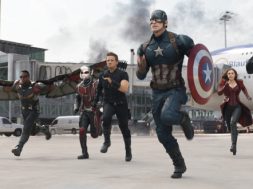

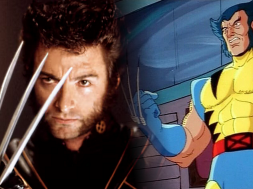

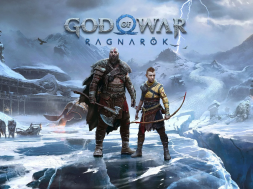
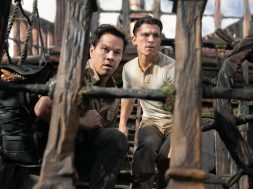
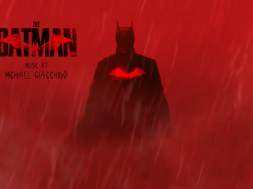
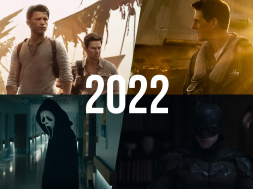
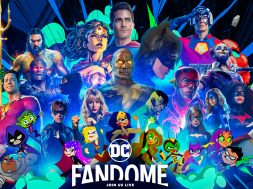
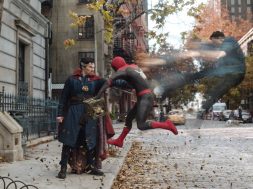
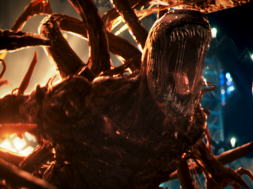
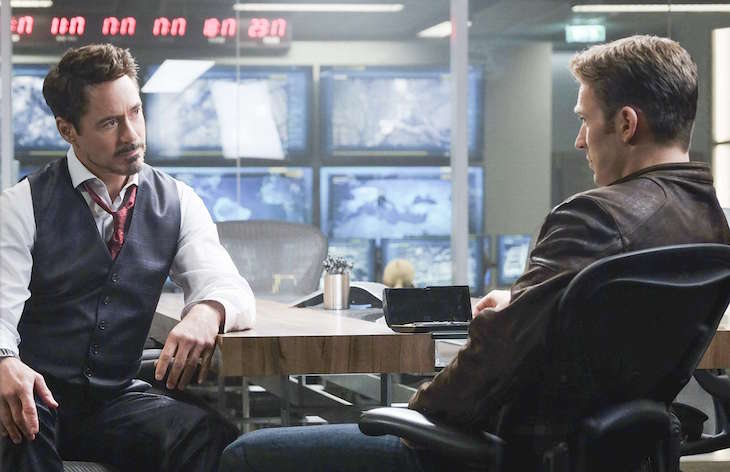
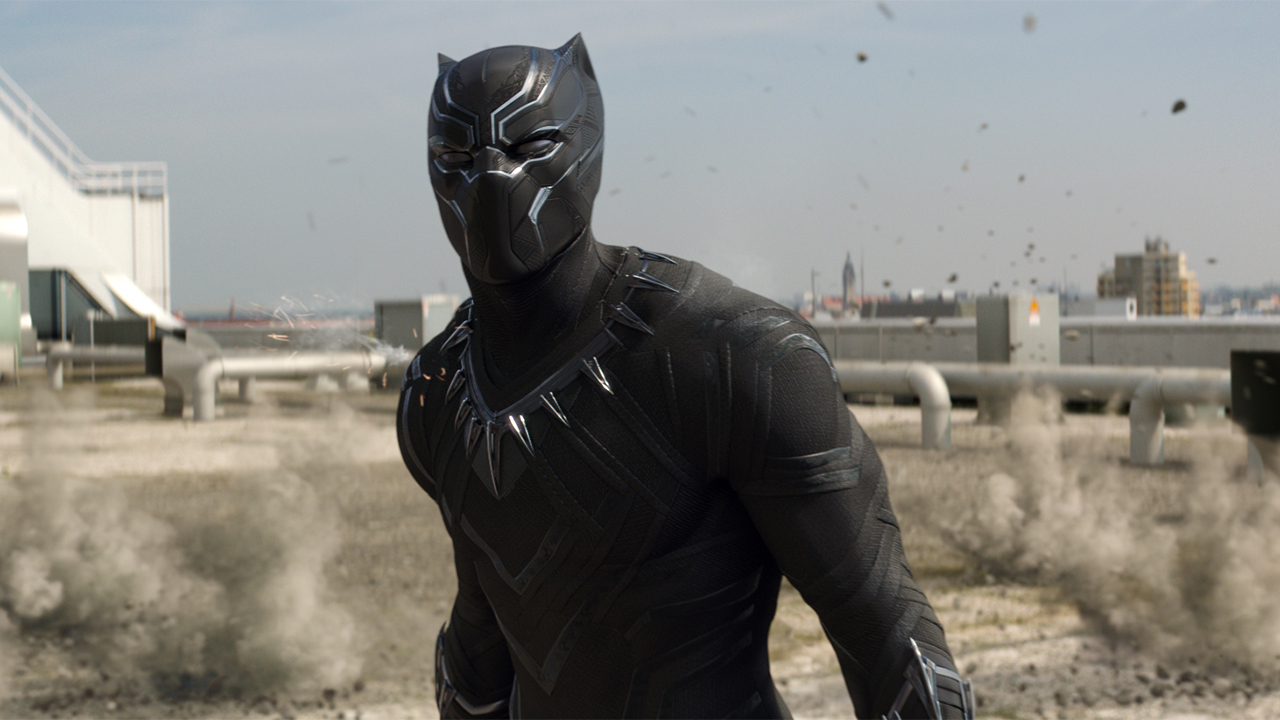
Saw it last night. The best MCU movie, and one of the best superhero films of all time. Spider-Man was amazing. As was Black Panther. The fight scenes were tense and I saw both sides of the coin when it came to who to root for. I went in being Team Cap. But I left sympathising with Stark. Hope to rewatch it as soon as possible
I went in Team Cap and left Team Cap but I did find myself respecting Tony a little more! The best Marvel movie to date and this has given me hope for the next Avengers movie!
I’d go with Mr Stark on this matter. He got Spidey.